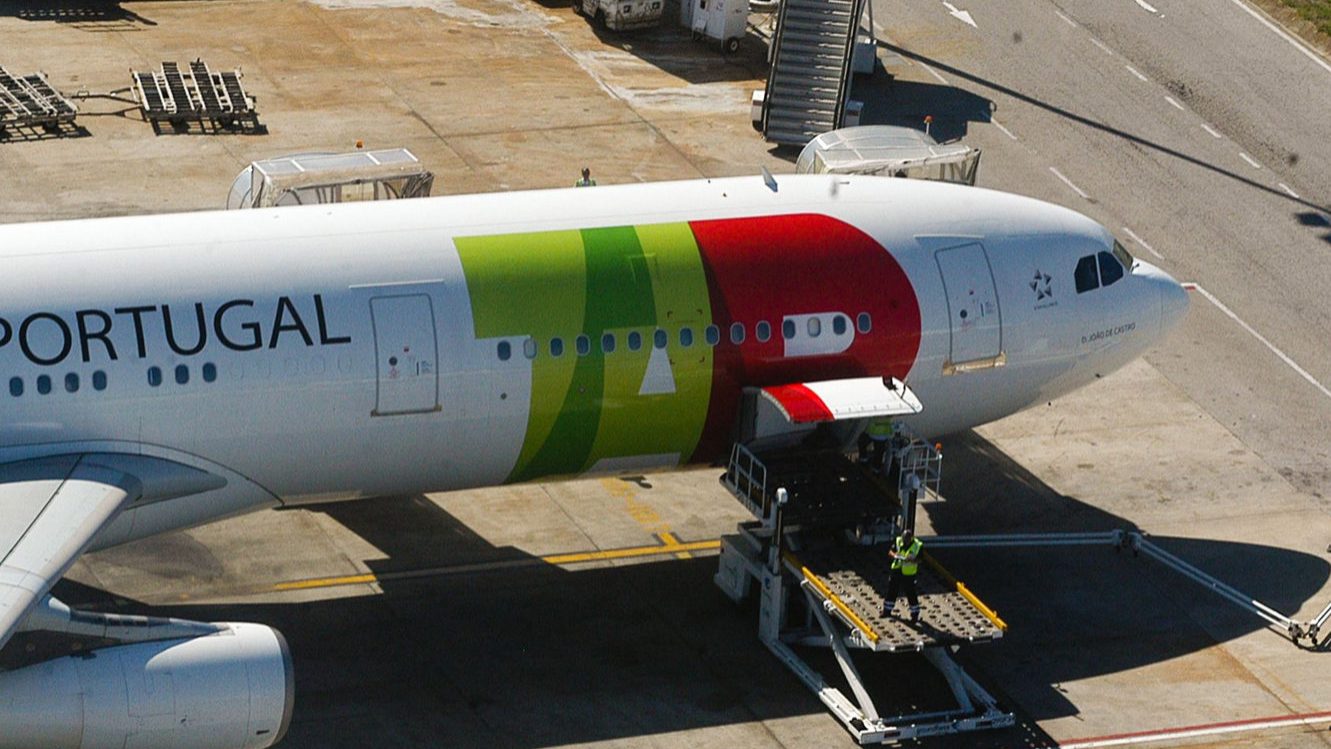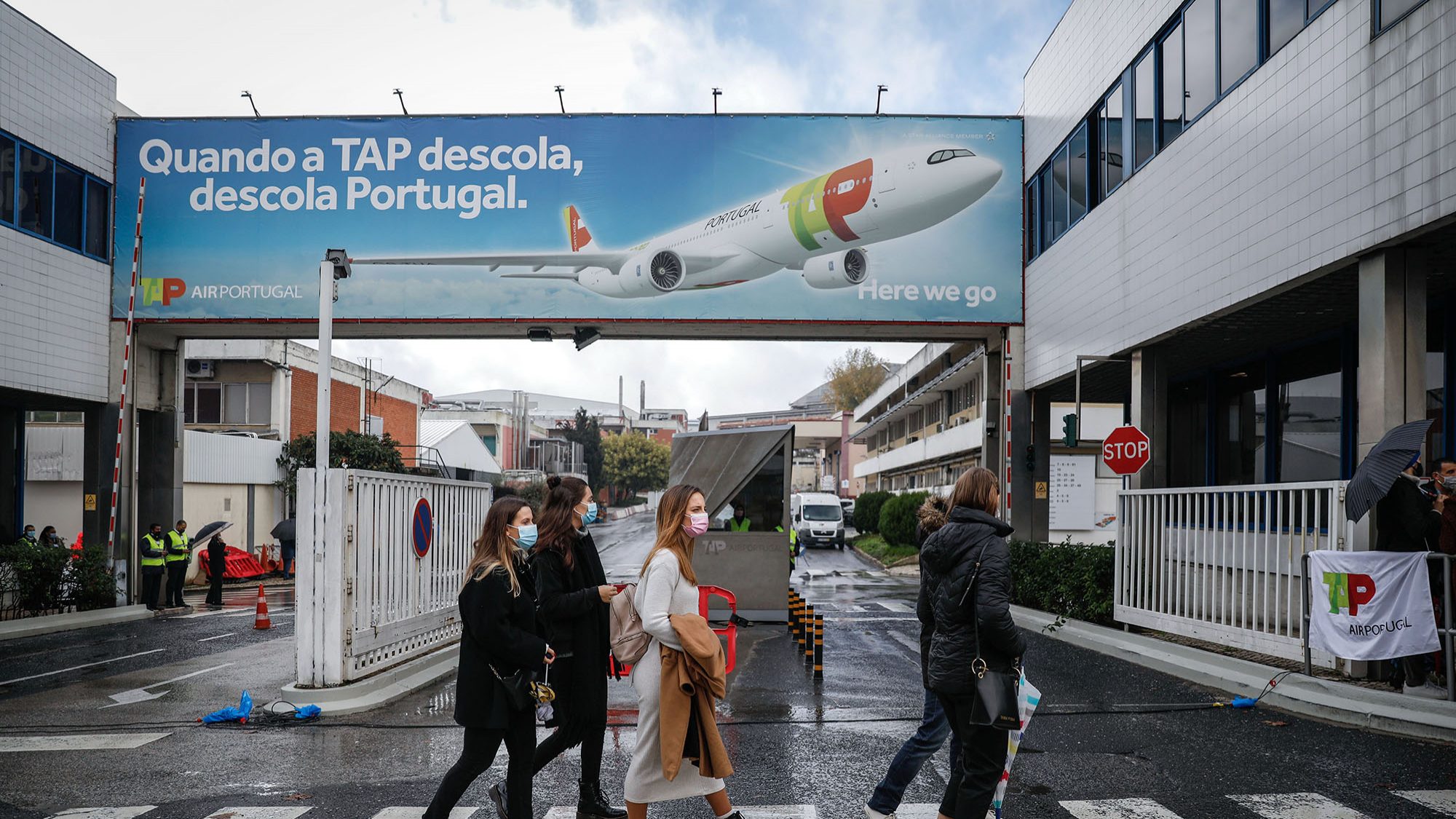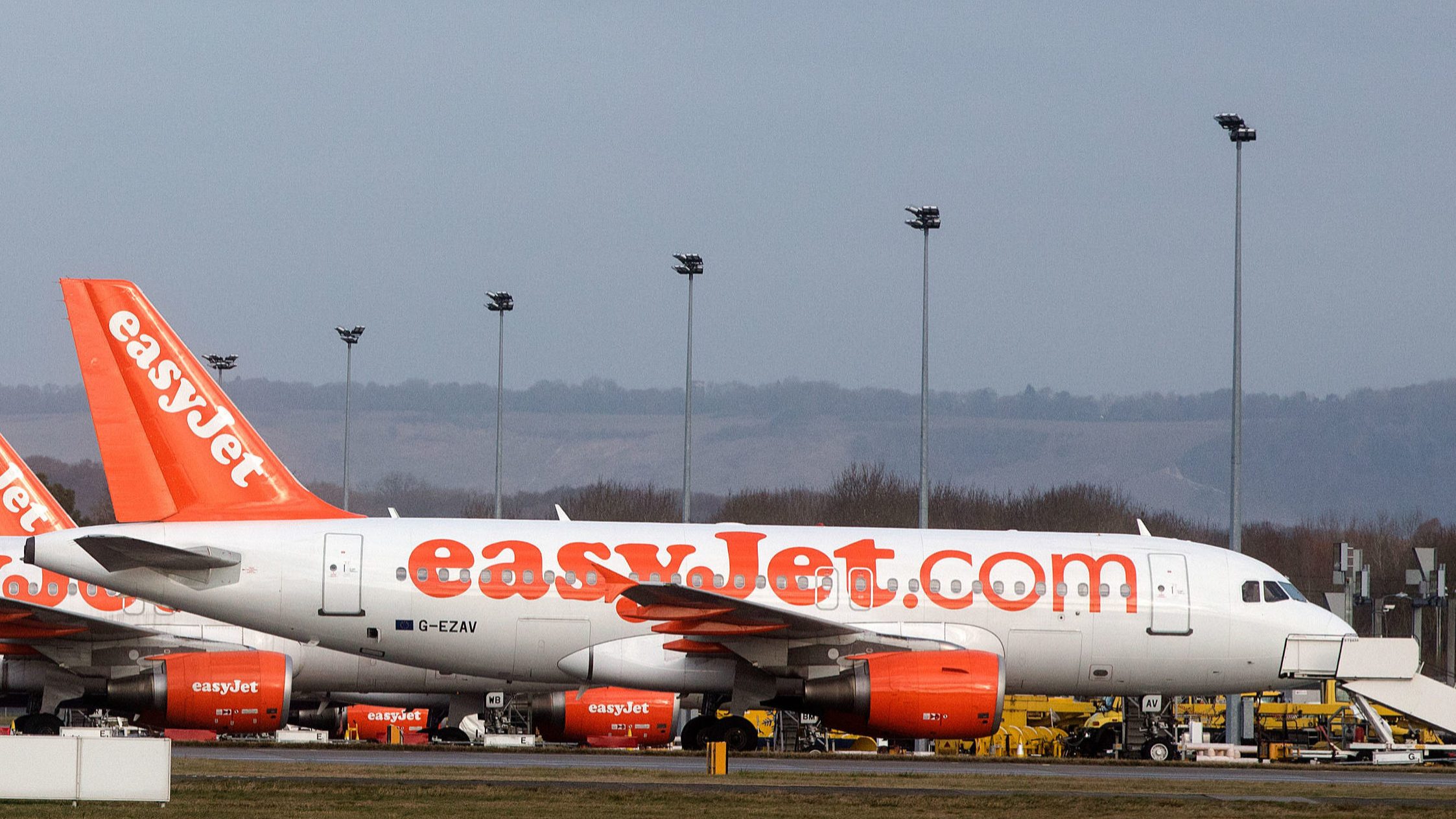TAP restructuring approval shows future confidence in airline
"The European Commission's approval of the restructuring plan testifies to confidence in the future of our flag carrier," explained António Costa on his official Twitter account.
The prime minister has said that approval of TAP’s restructuring plan by the European Commission shows “confidence in the future” of the airline, stressing that the company is implementing a strategy of sustainability and competitiveness.
This position was conveyed by António Costa on his official Twitter account, in reaction to Brussels’ decision to approve TAP’s restructuring plan and the state aid of €2.55 billion, but it also demanded that the airline releases up to 18 slots a day at Lisbon airport.
“The European Commission’s approval of the restructuring plan testifies to confidence in the future of our flag carrier. The strategy to strengthen the company’s sustainability and competitiveness is already underway and will also be decisive for the recovery of our economy,” wrote the leader of the executive.
In his message, António Costa said that a “more solid future for the company, its workers and the country” is under construction.
Tweet from @antoniocostapm
“For 76 years Portugal has relied on TAP, a company that is decisive for the national economy. TAP ensures the connection to Portuguese-speaking communities and countries, territorial continuity with the Azores and Madeira, and has established Lisbon as a transatlantic hub,” he added.
The European Commission said that today’s approval comes after an in-depth investigation started on July 16 to better assess the compliance of the restructuring plan proposed by Portugal for TAP and the related aid, and on the same day the institution “re-approved rescue aid of €1.2 billion in favour of the airline, following the annulment of the General Court’s initial decision on rescue aid”.
According to Brussels, the plan also involves the separation of the TAP and Portugalia businesses on the one hand and the non-essential assets, namely in the maintenance business in Brazil, and the catering and handling businesses, which are to be divested.


